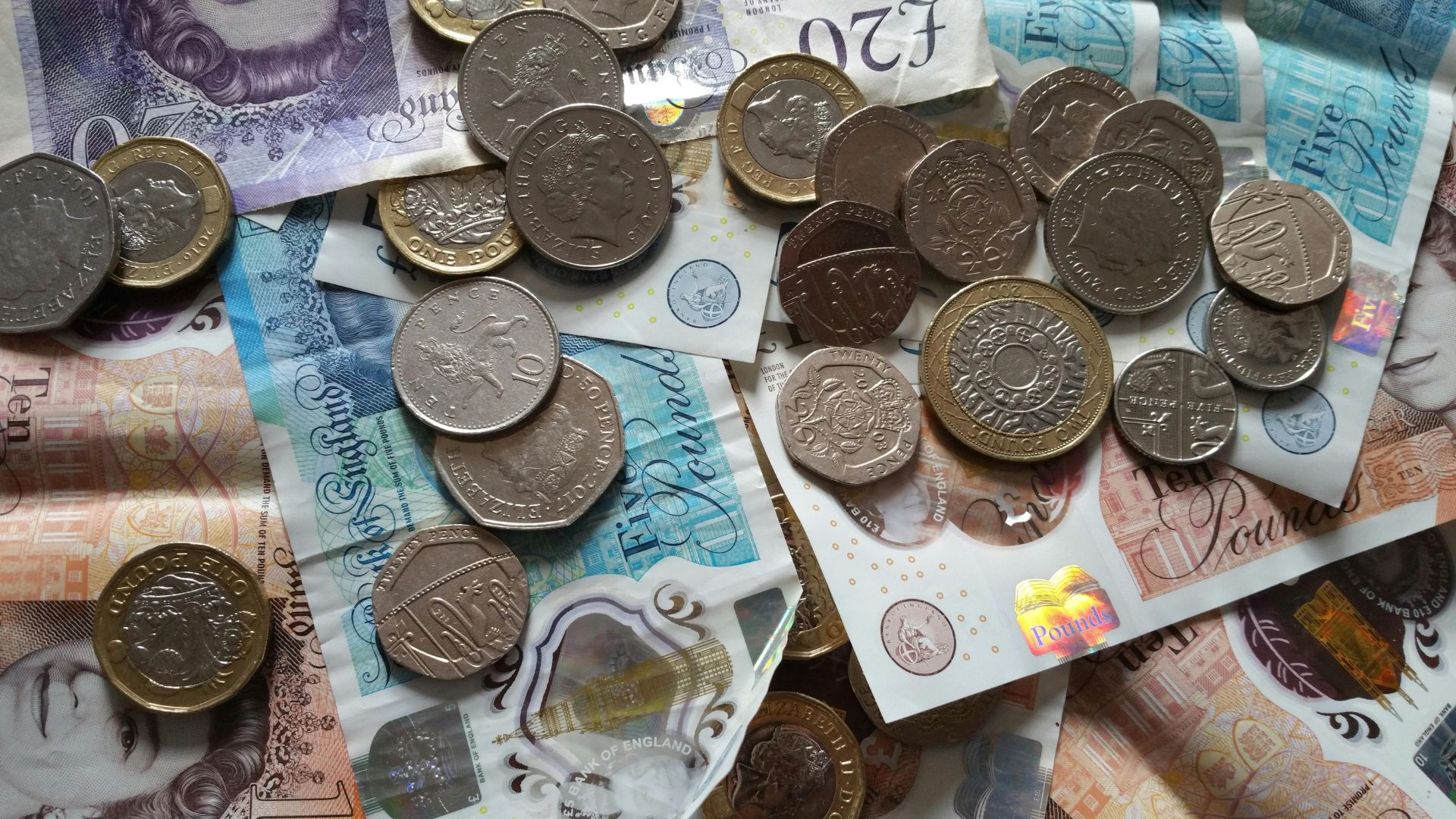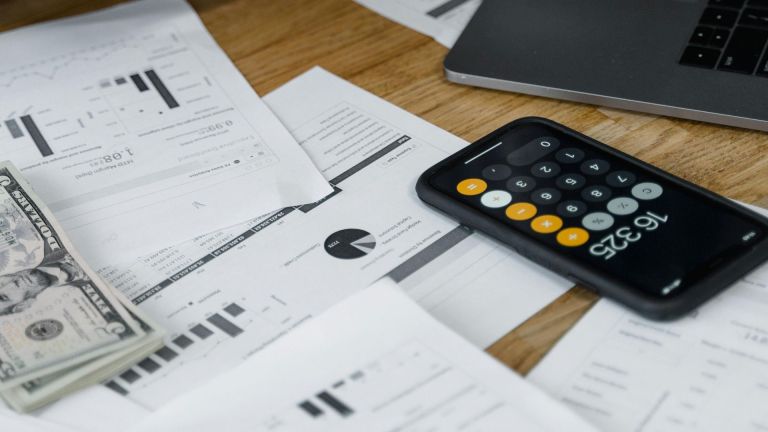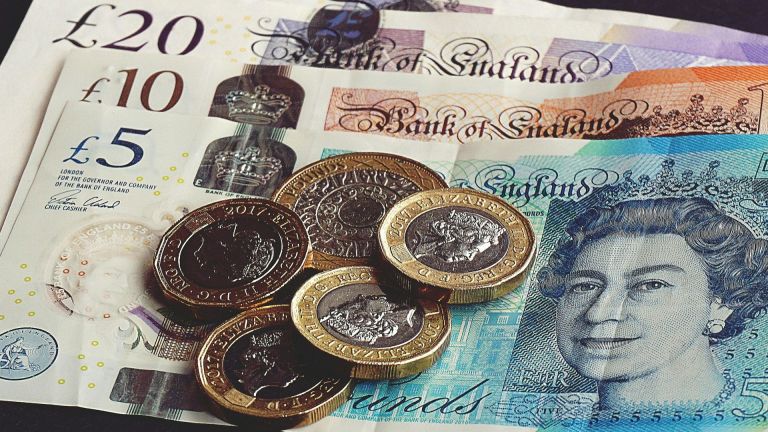Simon Trevethick, head of communications at debt charity StepChange, said the cost of living crisis could be a factor in people taking out risky loans. The charity found four in ten UK adults (41%) wouldn’t be able to meet all of an unexpected £1,000 expense without borrowing, which Trevethick said could “leave them more vulnerable to problem debt if they are relying on credit to cover essentials”.
He added that around one in 12 people who come to the charity for help with debt has a payday loan or high-cost credit debt, but this number has “gone down significantly” since payday loans were brought under “much tighter regulation” in 2015.
Explaining that payday loans are “the most dangerous form of credit due to those incredibly high interest rates that can make any delay in repayments extremely costly”, Trevethick added that StepChange is “not seeing anything like the levels of payday loan debt that we saw at the height of the payday lending era”.
Regulations introduced by the Financial Conduct Authority in 2015 included a price cap on high-cost short-term credit (HCSTC), limits on how many times a payday loan could roll over, as well as stronger guidance on affordability checks.
Despite regulations, StepChange said payday loans are still risky, with some people able to take out HCSTC loans when they already had “considerable other debts”. This means a third of StepChange clients with HCSTC had “three or more of these debts”.
Matthew Skeen from Newcastle upon Tyne claimed StepChange helped him when he was struggling with debt, explaining that he had turned to payday loans due to their “accessibility”, but they eventually “played the biggest part of my debs” due to high interest rates that would “wipe out the additional cash I may have had after each payslip”.
Advertising helps fund Big Issue’s mission to end poverty
“The checks were very minor with no real background check into what you truly earn and afford, they could have the money in your account in 60 minutes and they were always prepared to offer more once you paid off the last one,” he said.
“When you consider a £100 loan, which may have been a food shop or an energy bill, would ultimately cost nearly 75% more… I would require another one to then pay what I couldn’t afford,” he explained.
What are the alternatives?
Alternatives to payday loans are not always simple, as one of the more attractive aspects of payday loans is that a borrower doesn’t necessarily have to have a good credit score to take one out. Finder’s research found the main reason people gave for choosing a payday loan over another form of credit (21% of cases in 2022) was that the borrower would likely be eligible for the credit.
“If somebody’s facing an unexpected cost they may simply have no other option but to turn to that high cost credit, so it can put people in an incredibly difficult situation,” Trevethick explained, advising that people should “only take out high-cost credit in emergency situations where it was absolutely necessary and there was no other option”.
Trevethick said alternatives to payday loans could include “peer-to-peer lending or credit unions”.
Peer-to-peer lending is type of finance which allows individuals or businesses to lend directly to other people or businesses. Money Helper explains that this can be “risky”, but it can be a way of borrowing without going to the “traditional sources of finance, such as banks and building societies.”
Advertising helps fund Big Issue’s mission to end poverty
Credit unions, on the other hand, are co-operatives whose members pool their savings to provide each other with credit, usually with low interest rates. To be part of a credit union, you have to share a common bond with other members, such as living in the same area or working for the same employer. Citizens Advice explains that credit union loans “usually work out cheaper than home credit or payday loans”, however Trevethick states they may be “not as as widespread or easy to access” as other forms of loans.
Skeen explained that an alternative to payday loans could be by spreading the cost of items using “buy now, pay later” (BNPL) schemes like Klarna and Clearpay, which may mean you could pay for an item like a washing machine in three or four instalments, rather than one lump sum.
Experts say customers should still be careful of the risks when using payment plans like this.
National Debtline said customers should be wary of any late fees, and that “there is a risk that you may be tempted to purchase an item which would otherwise be unaffordable”.
“Before using BNPL to buy an item, think about whether you can afford it and whether it is essential. If it’s not essential, it may be better to wait until you can afford it to avoid getting into debt,” the charity said.
How do I avoid payday loans?
Experts explain that maximising your income could provide you with the safety net you need to reduce reliance on payday loans, and that charities and organisations like StepChange, Money Helper, Citizens Advice or National Energy Action can give free financial guidance to help with budgeting, debt and any benefits you may be entitled to.
Advertising helps fund Big Issue’s mission to end poverty
StepChange and Turn2us both offer benefit checkers that can ensure you’re receiving all of the benefits you’re entitled to, while you might also be eligible for grants, loans, or support with bills like council tax.
If you’re already on universal credit, you can apply for a budgeting advance to pay for essentials if you meet certain criteria. This is an interest-free advance on your universal credit.
“The Help to Save scheme is a useful way for those on lower incomes to boost their savings as the government will provide 50p for every £1 saved, up to £50 a month,” Trevethick explained.
The Big Issue has collated advice on crisis-proofing your finances, creating an emergency fund, and dealing with unexpected expenses.
How do I deal with debt?
Experts explained that if you’re turning to payday loans in order to stay afloat, or if you’re struggling with payday loan debt, it’s important to reach out for help as soon as you can. Debt charities like StepChange and National Debtline can give you advice, and create a plan to help you pay off debts in a more manageable way.
Trevethick said that those who come to charities like StepChange for support can receive guidance on how to pay off payday loans, how to maximise their income, and how to discuss debts with their creditors.
Advertising helps fund Big Issue’s mission to end poverty
“One of the things we hear time and time again is that people soldier on and struggle with these deep and profound financial issues for years… and that could have a huge impact, not just on your finances, but on your mental health, your relationships with friends and family, your physical health,” Trevethick explained.
“Almost every person who comes to us says they wish they’d reached out and got help earlier.”
Skeen added: “There is no shame in admitting there’s a problem and asking for help. The best thing I ever did was tell my family the truth. Yes, there were difficult conversations to be had, but being honest with yourself and realising there is a problem is the first step in the right direction.”
The Big Issue has compiled some further debt advice, including the charities and organisations that can help you if you’re struggling with debt.
Do you have a story to tell or opinions to share about this? Get in touch and tell us more. This Christmas, you can make a lasting change on a vendor’s life. Buy a magazine from your local vendor in the street every week. If you can’t reach them, buy a Vendor Support Kit.










